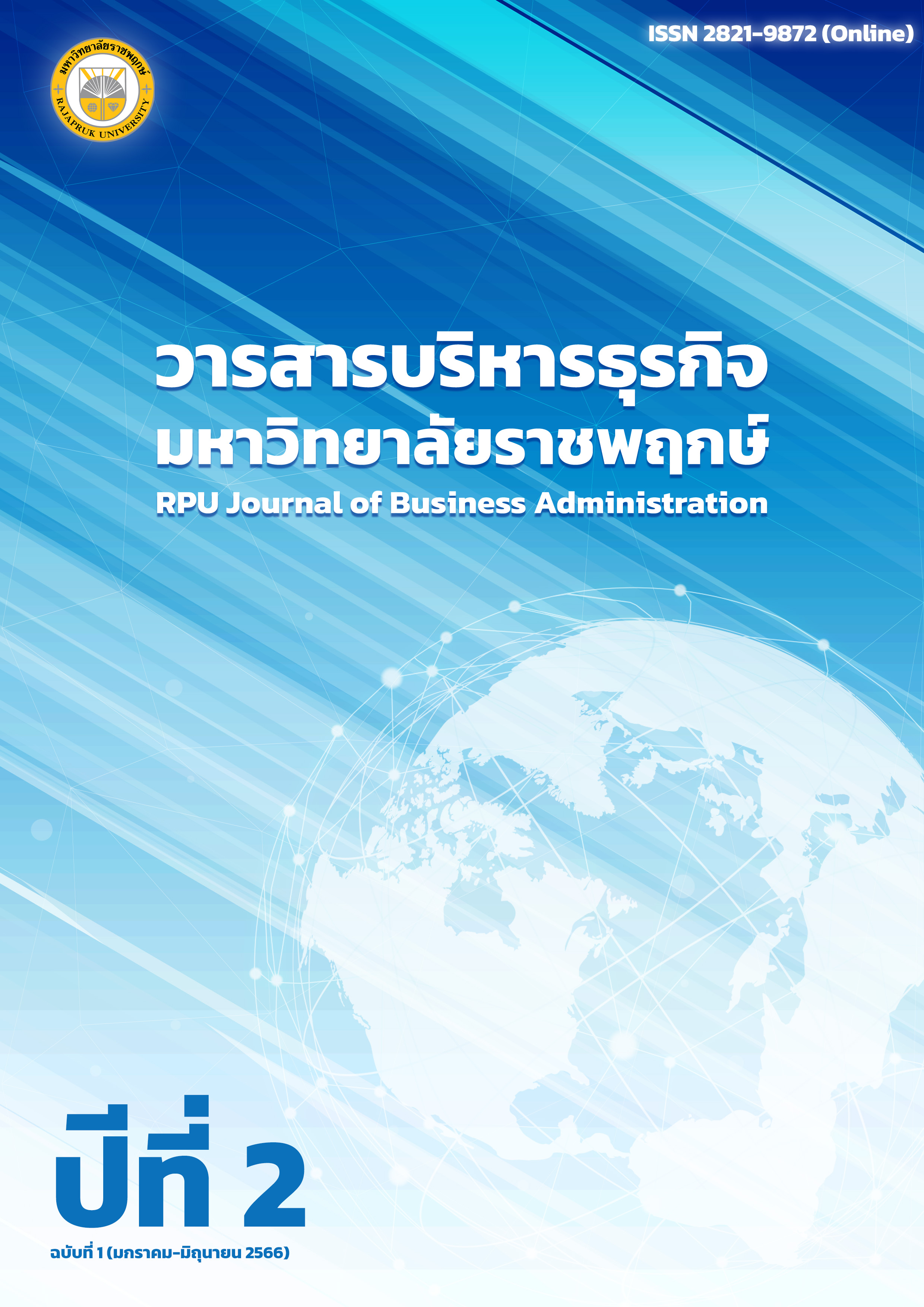Knowledge and Attitudes about COVID-19 Infection and Behaviors to Protect Themselves from Infection with the COVID-19 Virus of People in Bang Krasan Subdistrict, Bang Pa-in District, Phra Nakhon Si Ayutthaya Province
Main Article Content
Abstract
The objectives of this survey research were to study the level of knowledge Attitudes about COVID-19 infection and protective behavior themselves from infection with the COVID-19 virus of the people in Bang Krasan Subdistrict Bang Pa-in District Phra Nakhon Si Ayutthaya Province The confidence value of the whole questionnaire was 0.81. The sample group were people aged 18 years and over, domiciled in Bang Krasan Subdistrict. Bang Pa-in District Phra Nakhon Si Ayutthaya Province. Domiciled in Bang Krasan Subdistrict Bang Pa-in District Phra Nakhon Si Ayutthaya Province No mental health disorders Able to speak, read or listen to understand Thai language There is a limitation on physical distance and are happy to provide information The sample size was calculated by using Power analysis from the G*power program. A total of 273 samples were obtained and additional samples were added to replace missing data by 30%. A total of 355 samples were obtained. Convenient sampling and chain selection (snowball sampling) data were collected by questionnaires on knowledge, attitudes and self-protection behaviors from COVID-19 through Google. Data were analyzed using descriptive statistics. and Pearson correlation.
The study found that The sample group has knowledge of infectious disease COVID-19. At a high level have a good attitude about COVID-19 infection have a good behavior about COVID-19 infection -19 Knowledge and attitude about COVID-19 infection There was a very low positive correlation with self-protection behaviors against COVID-19 infection. of the people in Bang Krasan Subdistrict Bang Pa-in District Phra Nakhon Si Ayutthaya Province Statistically significant at the .05 level. Health personnel can use the results of the study to promote public knowledge and protect themselves from COVID-19 infection.


